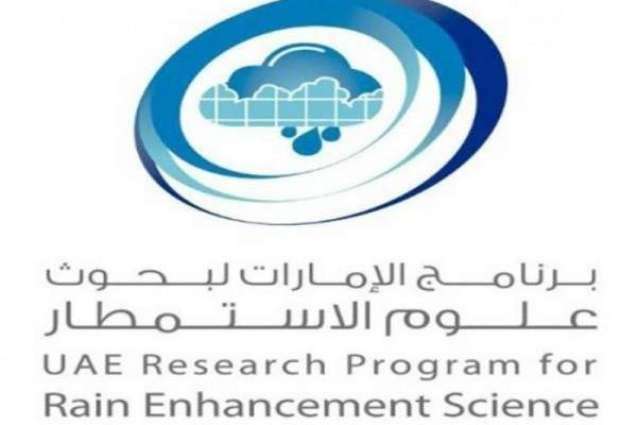The UAE Research Programme for Rain Enhancement Science, UAEREP, today unveiled the results of the rain enhancement research projects carried out by the awardees of its second cycle grant.
ABU DHABI, (Pakistan Point News - 21st Jan, 2020) The UAE Research Programme for Rain Enhancement Science, UAEREP, today unveiled the results of the rain enhancement research projects carried out by the awardees of its second cycle grant.
The awardees include Dr. Paul Lawson, Senior Research Scientist at SPEC Incorporated, USA; Prof. Hannele Korhonen, a Research Professor in climate modelling and the Director of the Climate Research Programme at the Finnish Meteorological Institute, Finland, and Professor Giles Harrison, Professor of atmospheric physics at the University of Reading in the United Kingdom.
The announcement was made at the closing of the 4th International Rain Enhancement Forum, IREF, which was organised by the UAEREP under the supervision of the National Centre of Meteorology, in Abu Dhabi from 19th to 21st January, 2020.
At a press conference, the UAEREP also revealed that the call for innovative project proposals for the fourth cycle of the grant programme will open at the start of 2021 and will target new research areas under the programme’s new structure and evaluation criteria which will be announced later this year.
Dr. Abdulla Al Mandous, Director of NCM and President of the Regional Association II (Asia) of the World Meteorological Organisation, said, "Since its inception under the patronage of H.H. Sheikh Mansour bin Zayed Al Nahyan, Deputy Prime Minister and Minister of Presidential Affairs, the UAEREP has come a long way in providing the global scientific community with an effective platform to galvanise international efforts towards leveraging rain enhancement science and technology to address global water security challenges in arid regions around the world."
Prof. Korhonen; Prof. Maarten Ambaum, research assistant to the second cycle awardee, Professor Giles Harrison; and Dr. Roelof Bruintjes, research assistant to the second cycle awardee, Dr. Paul Lawson, presented the final results of their innovative research that help scale up the potential of rain enhancement and cloud seeding technologies in the UAE and beyond.
Through he project titled "Optimisation of Aerosol Seeding in rain enhancement Strategies", Korhonen and her research team developed a comprehensive aerosol characterisation dataset from Lidar instruments (PolyXT and Halo) and CCN counter deployed in Al Dhaid, Sharjah.
This project will support cloud seeding operations by using the cloud-scale model to build a statistical emulator. In addition to precipitation enhancement, this technique will help determine the most suitable materials for rainfall formation and precipitation.
Prof. Harrison and his project team worked on a project focusing on the electrical aspects of rain generation by modelling the growth of charged drops to raindrops. The findings of the project will support cloud seeding operations based on the electrical measurements of clouds, as the electrical seeding approach will help stimulate rainfall.
Dr. Lawson and his project team worked on a project to identify cumulus clouds suitable for cloud seeding. The results of this project will help determine the benefits of hygroscopic seeding and its role in developing the cloud microphysics scheme through simulation, in collaboration with the National Centre for Atmospheric Research in Colorado.
Alya Al Mazroui, Director of UAEREP, said, "The important findings of research works carried out by our second cycle awardees demonstrate the efforts devoted by the programme to lead innovation in rain enhancement and global water resource sustainability by harnessing the latest technologies. We are confident that these projects will play an important role in establishing new scientific and technological foundations to address water scarcity in arid and semi-arid regions across the globe."




